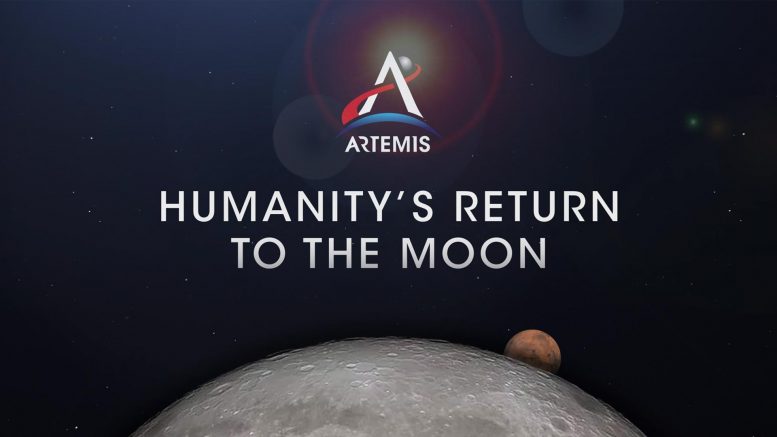
NASA’s Artemis program plans to land the first woman and next man on the Moon by 2024, with international partnerships to ensure a sustainable lunar presence and prepare for a human mission to Mars. Credit: NASA
Via the Artemis program, NASA will land the first woman and the next man on the Moon by 2024, heralding in a new era for space exploration and utilization.
While NASA is leading the Artemis program, international partnerships will play a key role in achieving a sustainable and robust presence on the Moon while preparing to conduct a historic human mission to Mars.
With numerous countries and private sector players conducting missions and operations in cislunar space, it’s critical to establish a common set of principles to govern the civil exploration and use of outer space.
International space agencies that join NASA in the Artemis program will do so by executing bilateral Artemis Accords agreements, which will describe a shared vision for principles, grounded in the Outer Space Treaty of 1967, to create a safe and transparent environment which facilitates exploration, science, and commercial activities for all of humanity to enjoy.
Peaceful Purposes
International cooperation on Artemis is intended not only to bolster space exploration but to enhance peaceful relationships between nations. Therefore, at the core of the Artemis Accords is the requirement that all activities will be conducted for peaceful purposes, per the tenets of the Outer Space Treaty.
Transparency
Transparency is a key principle for responsible civil space exploration and NASA has always taken care to publicly describe its policies and plans.
Artemis Accords partner nations will be required to uphold this principle by publicly describing their own policies and plans in a transparent manner.
Interoperability
Interoperability of systems is critical to ensure safe and robust space exploration.
Therefore, the Artemis Accords call for partner nations to utilize open international standards, develop new standards when necessary, and strive to support interoperability to the greatest extent practical.
Emergency Assistance
Providing emergency assistance to those in need is a cornerstone of any responsible civil space program.
Therefore, the Artemis Accords reaffirm NASA’s and partner nations’ commitments to the Agreement on the Rescue of Astronauts, the Return of Astronauts and the Return of Objects Launched into Outer Space.
Additionally, under the Accords, NASA and partner nations commit to taking all reasonable steps possible to render assistance to astronauts in distress.
Registration of Space Objects
Registration is at the very core of creating a safe and sustainable environment in space to conduct public and private activities. Without proper registration, coordination to avoid harmful interference cannot take place.
The Artemis Accords reinforces the critical nature of registration and urges any partner which isn’t already a member of the Registration Convention to join as soon as possible.
Release of Scientific Data
NASA has always been committed to the timely, full, and open sharing of scientific data.
Artemis Accords partners will agree to follow NASA’s example, releasing their scientific data publicly to ensure that the entire world can benefit from the Artemis journey of exploration and discovery.
Protecting Heritage
Protecting historic sites and artifacts will be just as important in space as it is here on Earth.
Therefore, under Artemis Accords agreements, NASA and partner nations will commit to the protection of sites and artifacts with historic value.
Space Resources
The ability to extract and utilize resources on the Moon, Mars, and asteroids will be critical to support safe and sustainable space exploration and development.
The Artemis Accords reinforce that space resource extraction and utilization can and will be conducted under the auspices of the Outer Space Treaty, with specific emphasis on Articles II, VI, and XI.
Deconfliction of Activities
Avoiding harmful interference is an important principle of the Outer Space Treaty which is implemented by the Artemis Accords.
Specifically, via the Artemis Accords, NASA and partner nations will provide public information regarding the location and general nature of operations which will inform the scale and scope of ‘Safety Zones’.
Notification and coordination between partner nations to respect such safety zones will prevent harmful interference, implementing Article IX of the Outer Space Treaty and reinforcing the principle of due regard.
Orbital Debris and Spacecraft Disposal
Preserving a safe and sustainable environment in space is critical for both public and private activities.
Therefore, under the Artemis Accords, NASA and partner nations will agree to act in a manner that is consistent with the principles reflected in the Space Debris Mitigation Guidelines of the United Nations Committee on the Peaceful Uses of Outer Space.
Moreover, NASA and partner nations will agree to plan for the mitigation of orbital debris, including the safe, timely, and efficient passivation and disposal of spacecraft at the end of their missions.
Images: NASA

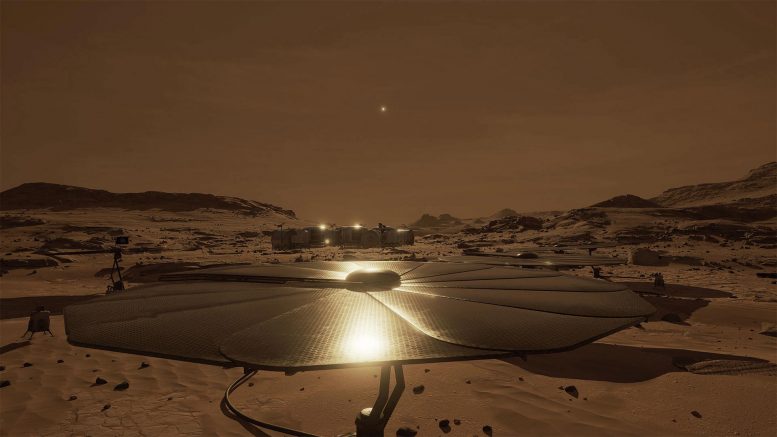
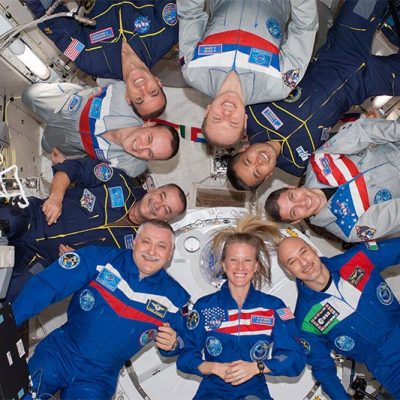
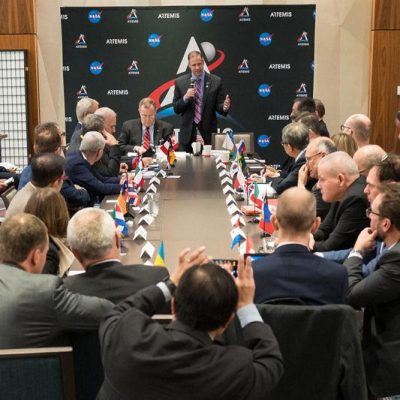


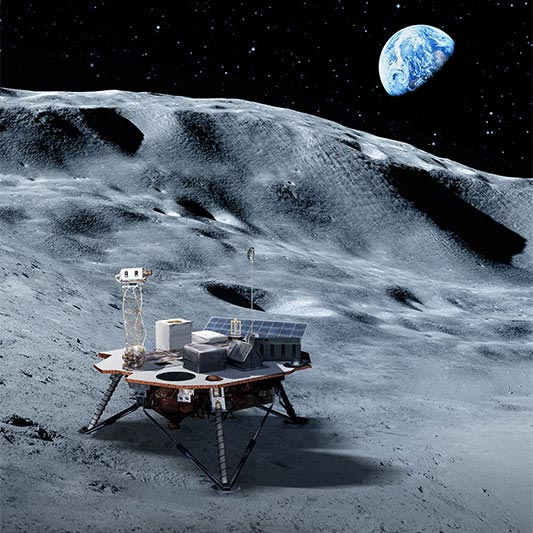
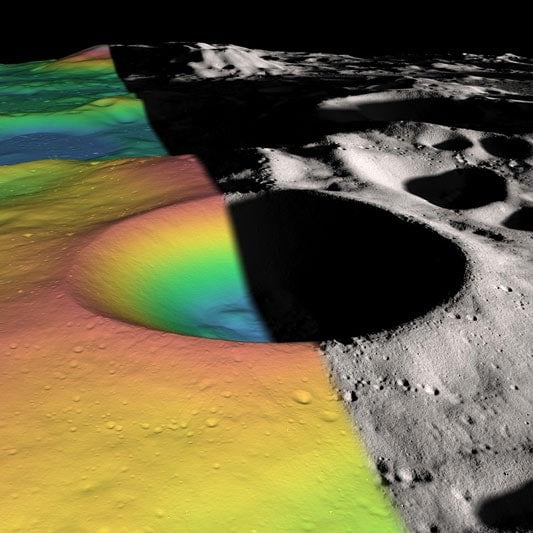
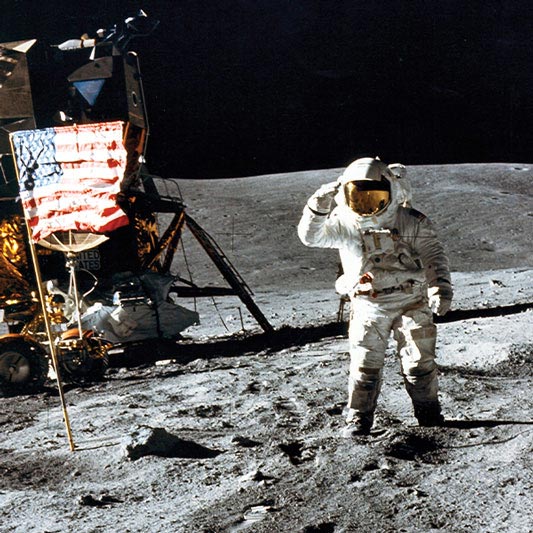
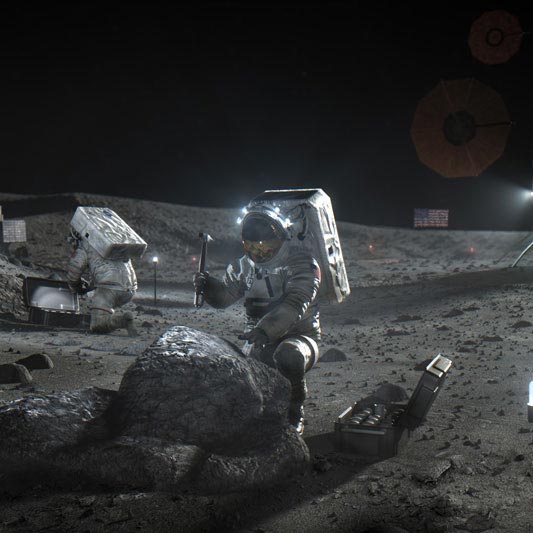
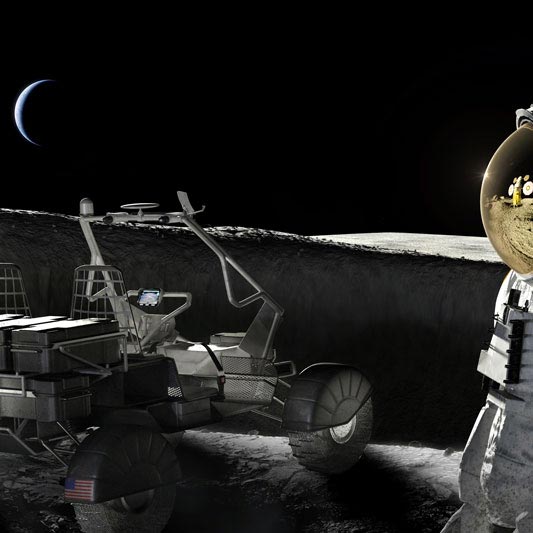
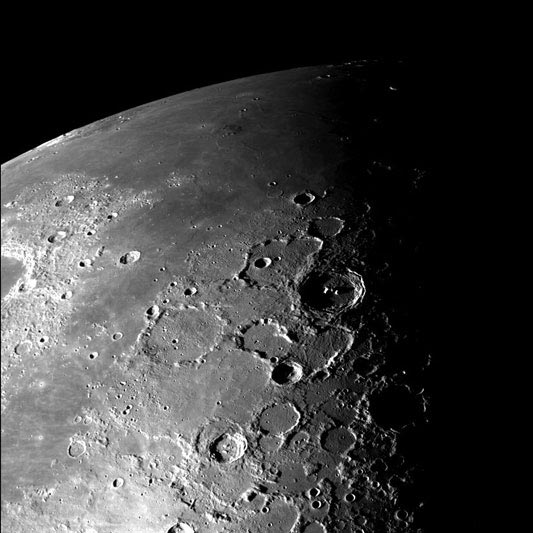
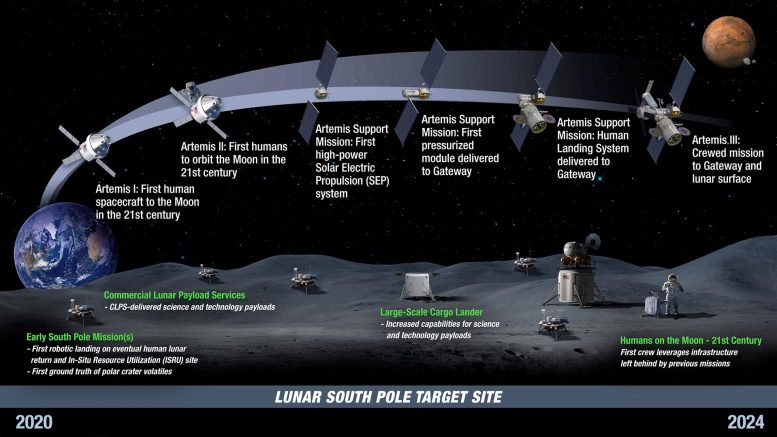
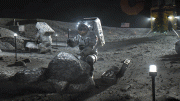





I would like to learn more about artemis moon landing missions.
We are about to destroy Planet Earth and you think you are not going to destroy de moon because of the peacefull whatever. If you can, take Covid-19 with you. I love advancement but we are not a reliable species ;))